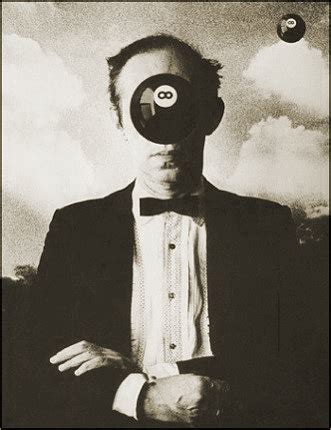A Quote by Henry A. Kissinger
It is one of history's ironies that Communism, advertised as a classless society, tended to breed a privileged class of feudal proportions.
Quote Topics
Related Quotes
With all of its false assumptions and evil methods, communism grew as a protest against the hardships of the underprivileged. Communism in theory emphasized a classless society, and a concern for social justice, though the world knows from sad experience that in practice it created new classes and a new lexicon of injustice.
The medieval Islamic world, from Central Asia to the shores of the Atlantic, was a world where scholars and men of learning flourished. But because we have tended to see Islam as the enemy of the West, as an alien culture, society, and system of belief, we have tended to ignore or erase its great relevance to our own history.
The ruthless economic exploitation and political oppression of the peasants by the landlord class forced them into numerous uprisings against its rule.... It was the class struggles of the peasants, the peasant uprisings and peasant wars that constituted the real motive force of historical development in Chinese feudal society.
The classics of Marxism talked of communism as a society to which a modern society should aspire, a society truly fair, where the relations of monetary exchange were not the priority but one wher the people's needs could be satisfied, and where people would not be worth more according to how much monetary wealth they acquired. Instead their value would be based on their contribution to society as a whole. It would be a society without class that would accept people based on their capabilities and their potential to contribute to that society.
What is Communism? Communism is the doctrine of the conditions of the liberation of the proletariat. What is the proletariat? The proletariat is that class in society which lives entirely from the sale of its labor and does not draw profit from any kind of capital; whose weal and woe, whose life and death, whose sole existence depends on the demand for labor.
What I did that was new was to prove that the existence of classes is only bound up with particular, historical phases in the development of production; that the class struggle necessarily leads to the dictatorship of the proletariat; and that dictatorship itself only constitutes the transition to the abolition of all classes and to a classless society.

































